 ECS isn’t the only one celebrating an anniversary this year. As we celebrate 115 years of excellence as a publisher, meeting convener, and multi-faceted scientific society, this year also marks an important 15-year milestone in the open access movement. In 2002, the Budapest Open Access Initiative was hosted by the Open Society Foundations and to this day serves as a landmark meeting in communicating the importance and urgency of open access necessities.
ECS isn’t the only one celebrating an anniversary this year. As we celebrate 115 years of excellence as a publisher, meeting convener, and multi-faceted scientific society, this year also marks an important 15-year milestone in the open access movement. In 2002, the Budapest Open Access Initiative was hosted by the Open Society Foundations and to this day serves as a landmark meeting in communicating the importance and urgency of open access necessities.
The participants in the conference served as the founding researchers of open access, drafting a widely circulated declaration to articulate the goals of the open access (OA) movement. This declaration was signed by over 5,000 organizations and individuals, including ECS.
The declaration reads in part:
Removing access barriers to this literature will accelerate research, enrich education, share the learning of the rich with the poor and the poor with the rich, make this literature as useful as it can be, and lay the foundation for uniting humanity in a common intellectual conversation and quest for knowledge.


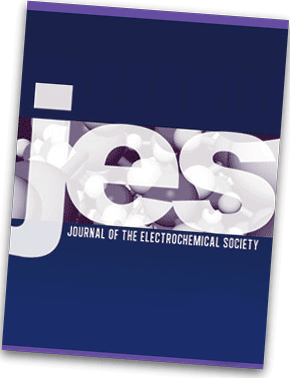 The peer review process is the heart of scholarly communication, assuring the publication of high-quality papers and strengthening the public’s perception of the science. Through peer review, editors, reviewers, and authors work together to ensure the work is coherent, rigorous, and adds to the scientific knowledge base.
The peer review process is the heart of scholarly communication, assuring the publication of high-quality papers and strengthening the public’s perception of the science. Through peer review, editors, reviewers, and authors work together to ensure the work is coherent, rigorous, and adds to the scientific knowledge base.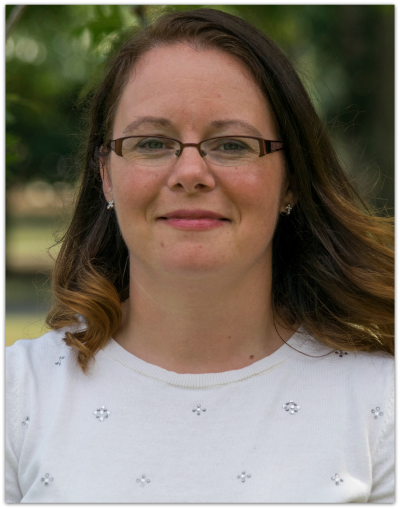 Alice Suroviec is an associate professor at Berry College, where she focuses her research efforts on the development of microelectrodes and applications of electrochemistry to real-time detection of biological analytes in aqueous solutions. Suroviec has recently been appointed to the ECS Electrochemical Science & Technology Editorial Board as an associate editor for the
Alice Suroviec is an associate professor at Berry College, where she focuses her research efforts on the development of microelectrodes and applications of electrochemistry to real-time detection of biological analytes in aqueous solutions. Suroviec has recently been appointed to the ECS Electrochemical Science & Technology Editorial Board as an associate editor for the 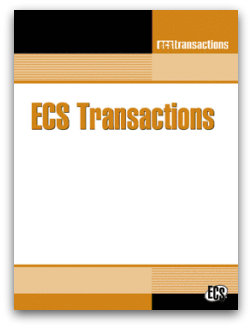 Thirty seven new issues of ECS Transactions have just been published from PRiME 2016; these are the “standard” issues and they cover a wide variety of topical interest areas.
Thirty seven new issues of ECS Transactions have just been published from PRiME 2016; these are the “standard” issues and they cover a wide variety of topical interest areas. Venkat Subramanian is the Washington Research Foundation Innovation Professor of Chemical Engineering and Clean Energy at the University of Washington. His research efforts focus on computational models to bridge next-generation energy materials to battery management systems. Subramanian has recently been named a new technical editor of the
Venkat Subramanian is the Washington Research Foundation Innovation Professor of Chemical Engineering and Clean Energy at the University of Washington. His research efforts focus on computational models to bridge next-generation energy materials to battery management systems. Subramanian has recently been named a new technical editor of the 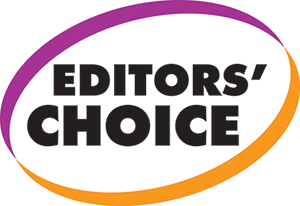
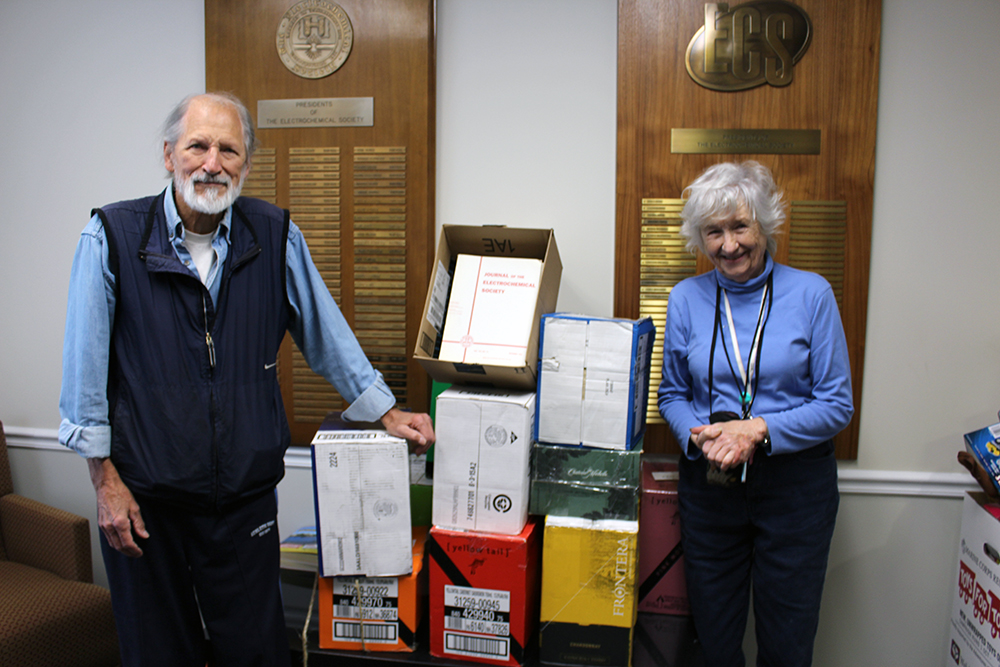
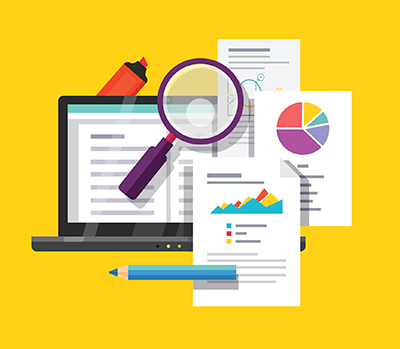 Nature announced on December 8
Nature announced on December 8